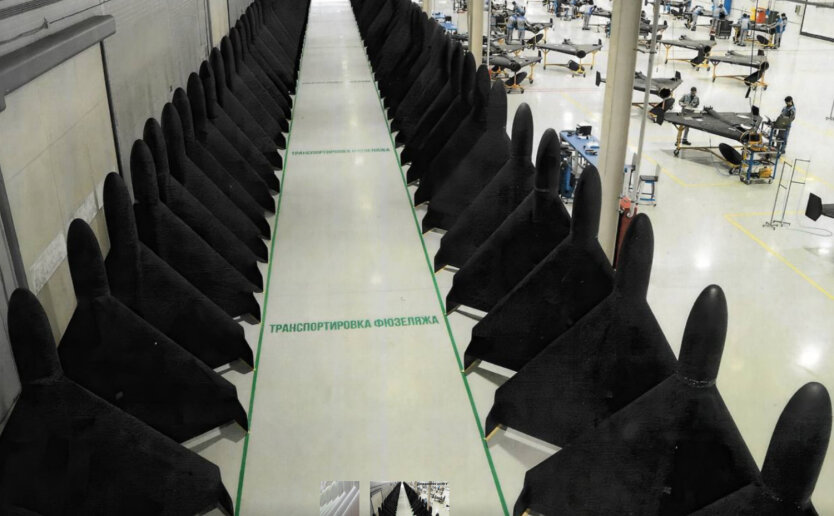Who will be replaced by robots: a list of professions.


In industries where automation is implemented, the question arises as to which functions will change first and what it means for humans. The entire automation process not only takes jobs but also changes the nature, rhythm, and essence of work.
Industrial automation has several positions that can be replaced by robots. Among them are packaging and packaging operators, sorters on conveyor belts, warehouse pickers and loaders, palletizer operators, visual quality controllers, operators on filling, packaging, and stacking lines, industrial welders, painters, varnishers, seamstresses of standard products, data operators, cashiers, dispatchers, first-level 'hotline' operators, and typewriter operators. However, automation also opens up new opportunities, initially giving rise to new professions: automation engineer, systems integrator, machine vision specialist, technician for programmable logic controllers (PLC), robotic complex operator, production data analyst, remote diagnostics specialist, AI model training engineer, and technology for adaptive lines.
To gain the benefits of automation, it is necessary to rethink roles in production, train personnel in advance, involve employees in solution development, and invest in automation logic. Then automation will help strengthen the human workforce rather than replace it. Those who understand this will gain an advantage in future production.
This material presents examples of professions that may be replaced by automation, as well as the positive aspects of automation and recommendations on how to avoid losses caused by automation.
Read also
- Ukrainian Sea Ports to Enhance Security with Underwater Drones
- Stop, 'Shahed'! Russian Drones Will Have to Fly with a Ukrainian Passport
- The Air Force Named the Weapon of the Future
- ChatGPT is Down Worldwide: What We Know
- Apple introduced iOS 26 with a new design
- The GUR assessed the growth of UAV production to: how many are produced per month










